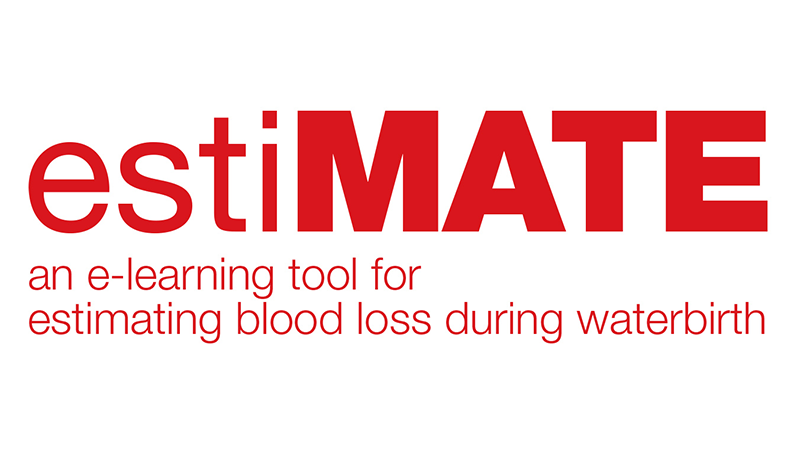Maternity Care (OxMater)
Group Leader(s): Dr Ethel Burns
Contact: eburns@brookes.ac.uk
About us
The OxMater group engages in research to optimise health and wellbeing during pregnancy and beyond. The group implements the best available research into maternity care provision and actively nurtures future researchers.
The team collaborates with researchers internationally, who include partners in Australia, Ireland, Italy and USA.
Research impact

Research from the group, including multiple systematic reviews of the literature, has led to a greater understanding of how being immersed in water offers key benefits to women and their babies during childbirth.
Research from the group has also lead to the development of innovative Continuing Professional Development (CPD) courses and change in clinical practice. An example being the development of the e-learning tool 'estiMATE' designed to teach midwives how much blood volume in a birthing pool is safe and when they should call for a medical intervention. The tool is being used internationally by midwives, nurses, and other healthcare professionals across several countries to enhance their skills — including the Republic of Ireland, Spain, Italy, Australia, England, Scotland, the United States, New Zealand, and Germany—to enhance their skills in estimating blood loss during waterbirths.
Leadership

Dr Ethel Burns
Senior Lecturer in Midwifery, Research Group Lead Maternity Care (OxMater)
